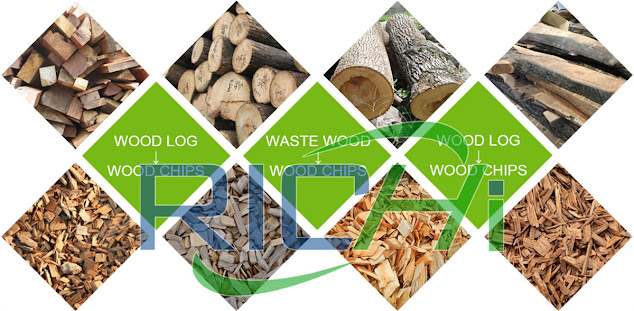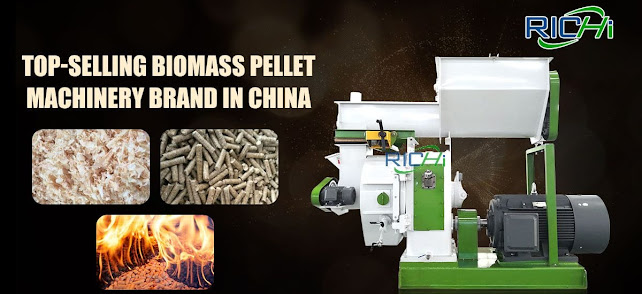Concept and advantages of factors affecting egg production of broiler breeder ducks
1. Different factors The laying index, laying cycle and egg size of different breeds are different. In order to obtain high yields, we should choose the best meat duck breeds. 2. Environmental factors It mainly includes temperature and light. Temperature has an effect on egg production, egg weight, egg shell thickness and feed utilization. When the ambient temperature is too high, the amount of feed is reduced, the weight of the egg is reduced, the protein is diluted, the eggshell is diluted, the egg production is reduced, and the heat stroke is also reduced. The best environment temperature is 13-22℃, and the feed utilization rate and egg production rate are the best.
The purpose of controlling the light time is to prevent the young ducks from maturing early. When the eggs are about to enter the spawning period, the light time should be gradually increased to increase the light intensity. 3. Seasonal factors The temperature, light and relative humidity are different throughout the year, and natural feed resources have also changed, which has a great impact on meat duck egg production. For example, due to the effect of high temperature in summer, food intake decreases, drinking water increases, and egg production decreases.
4. Disease factors
Such as duck plague, duck flavivirus, egg drop syndrome, duck influenza, duck colibacillosis, etc., will cause varying degrees of damage to the reproductive system, resulting in a decline in egg production and eggshell quality. 5. Nutritional factors In addition to the need to maintain growth, the requirements for spawning should also be met. The lack and imbalance of nutrients such as energy, protein and minerals are important factors affecting the yield of duck eggs.
Related feed mill cases:
- Georgia 250KG/Batch Chicken Feed Mixer For Sale Poultry Farm
- Algeria Two Sets Complete 3-5T/H Feed Production Lines For Poultry Feed Mill
- Papua New Guinea 1-2T/H Small Chicken Feed Plant Project
- Kenya Complete 5T/H Poultry Feed Mill For Mash Feed Production
- Zimbabwe Complete Set 3-5T/H Broiler Chicken Feed Mill Project
- Saudi Arabia 15-16T/H poultry and cattle feed plant project
- Uzbekistan 10T/H Feed Plant For Poultry And 5T/H Feed Plant For Premix Production
- South Africa 10T/H Automatic Cattle Feed Plant Project
- Afghanistan 10-15T/H Automatic Chicken Feed Mill Project
- 3-4T/H Cattle Feed Pellet Machine For Cattle Feed Plant in Colombia
- Trinidad and Tobago 400-500KG/H Small Animal Feed Plant For Livestock Farm
- 1-2 T/H Small Capacity Chicken Feed Plant Project In Uzbekistan
- Uzbekistan 0.8-1.2 T/h Cattle Sheep Feed Pellet Production Line
- Uzbekistan 3-5 T/H Poultry Powder Feed Mill Plant & 1T/H Hay Grass Pellet Plant For Cattle Sheep Feed
- Uzbekistan 3-5 Tons Per Hour Chicken Feed Mill Project
- Uzbekistan 3-5 Tons/Hour Poultry Feed Plant Project
- Uzbekistan 1-2T/H Chicken Powder Feed Mill For Farm
- America 10-12 T/H Fully Automatic Cattle Feed Plant With Hemp
- 120,000 Tons/year Poultry Feed Factory and 20,000 Tons/year Bio-organic Fertilizer Pellet Plant in China
6. Drug factor Sulfonamides, tetracyclines, anthraquinones, anthelmintics, coccidiosis, and aminoglycoside glycosides all affect egg laying. 7. Meal Management If the feeding system is unscientific, the stocking density is unreasonable, the ventilation is poor, the egg collection is not timely, and the egg-laying box is unreasonable, all of which will affect the egg production rate.
Ecological duck farming is based on the principles of ecology and economics, using the method of systems engineering, drawing on the achievements of modern science and technology, with the development of duck farming, agriculture, forestry and grass industry, according to local conditions and reasonable allocation, A new type of duck raising system to achieve ecological, economic and social benefits. Eco ducks do not use pesticides, fertilizers, growth hormones, chemical additives, chemical pigments and preservatives for raw material production and product processing, nor do they use genetic engineering technology, so their meat and eggs are natural food. It has the following advantages.
In order to solve the problem of duck manure treatment in the livestock and poultry industry, the treatment of livestock manure has always been a problem. In fact, duck manure can be wasted in many ways: first, fermentation, it can be put into ponds to breed filter-feeding carp, bighead fish, etc.; second, a large amount of duck manure can be used as raw material for organic fertilizer or biological fertilizer; third, it can be Fly maggots are cultivated to feed special aquatic products or precious fish; fourth, duck manure is metabolized by microorganisms on the bed and converted into bacterial protein to feed ducks; fifth, duck manure is used to produce biogas. The duck manure treatment effect is good, can make the house smell less, less mosquitoes and flies, clean the environment, and can increase the added value of the product.
In order to reduce duck disease and improve the quality of duck products, duck disease is currently serious, and how to ensure the healthy growth of ducks has become a key issue for ducks. Adopting various ecological duck raising models and using Chinese herbal medicine to prevent duck disease greatly reduces the use of chemicals such as antibiotics, reduces the residues of various chemicals in duck products, and improves the quality of duck products. The first investment cost is greater than the traditional investment cost, but in the long run, the ecological duck raising method can save the cost of medicine, feed, water and electricity, and thus generate considerable economic benefits.





Comments
Post a Comment